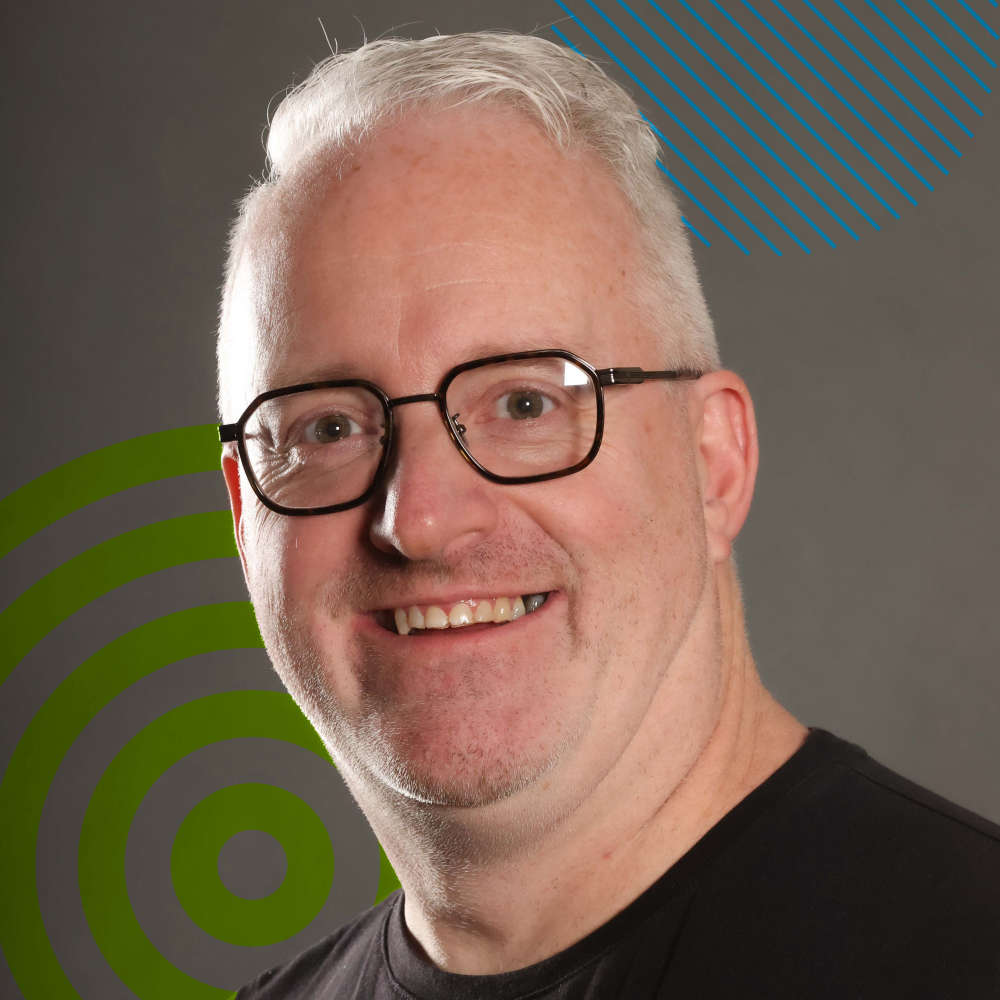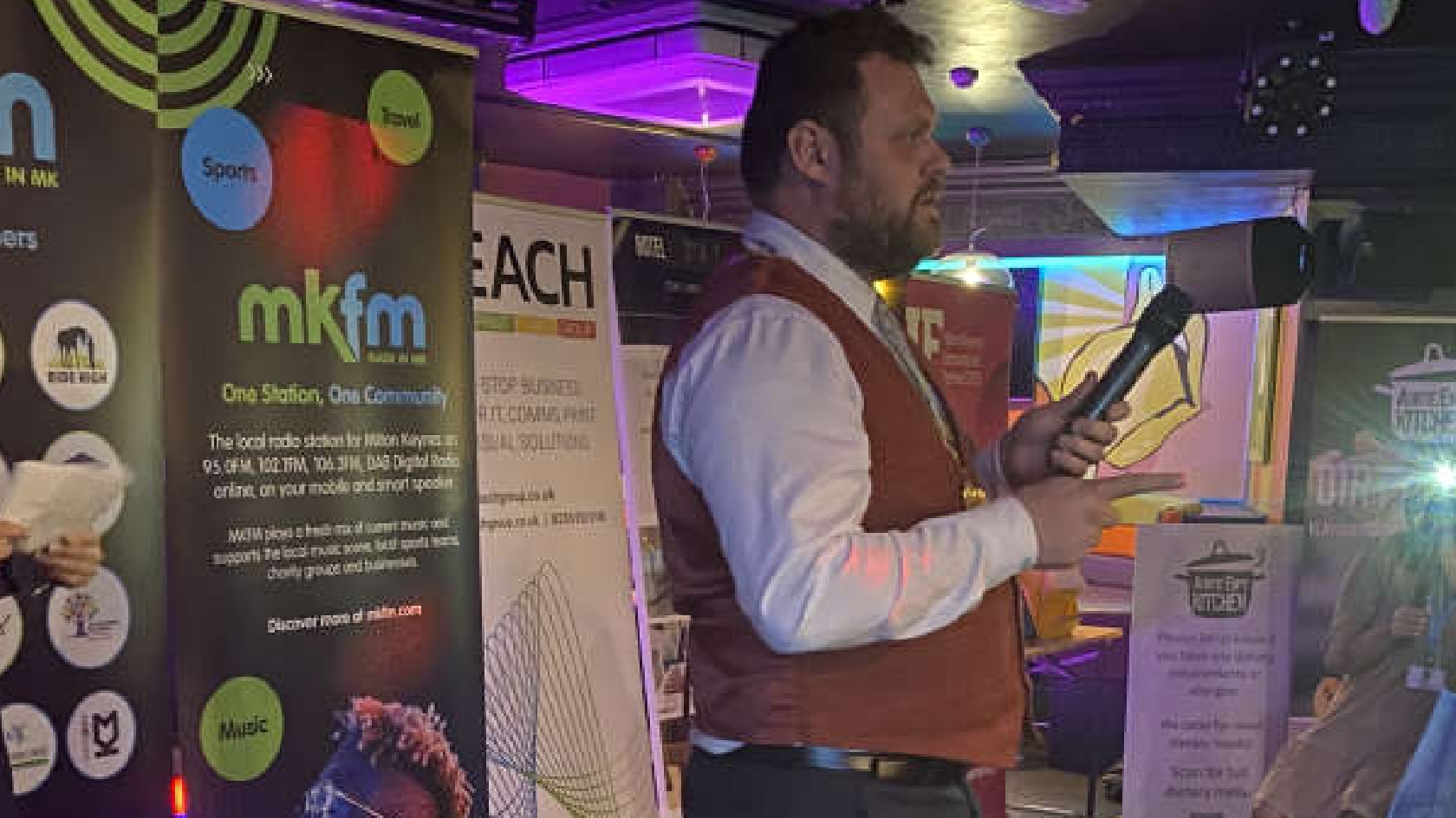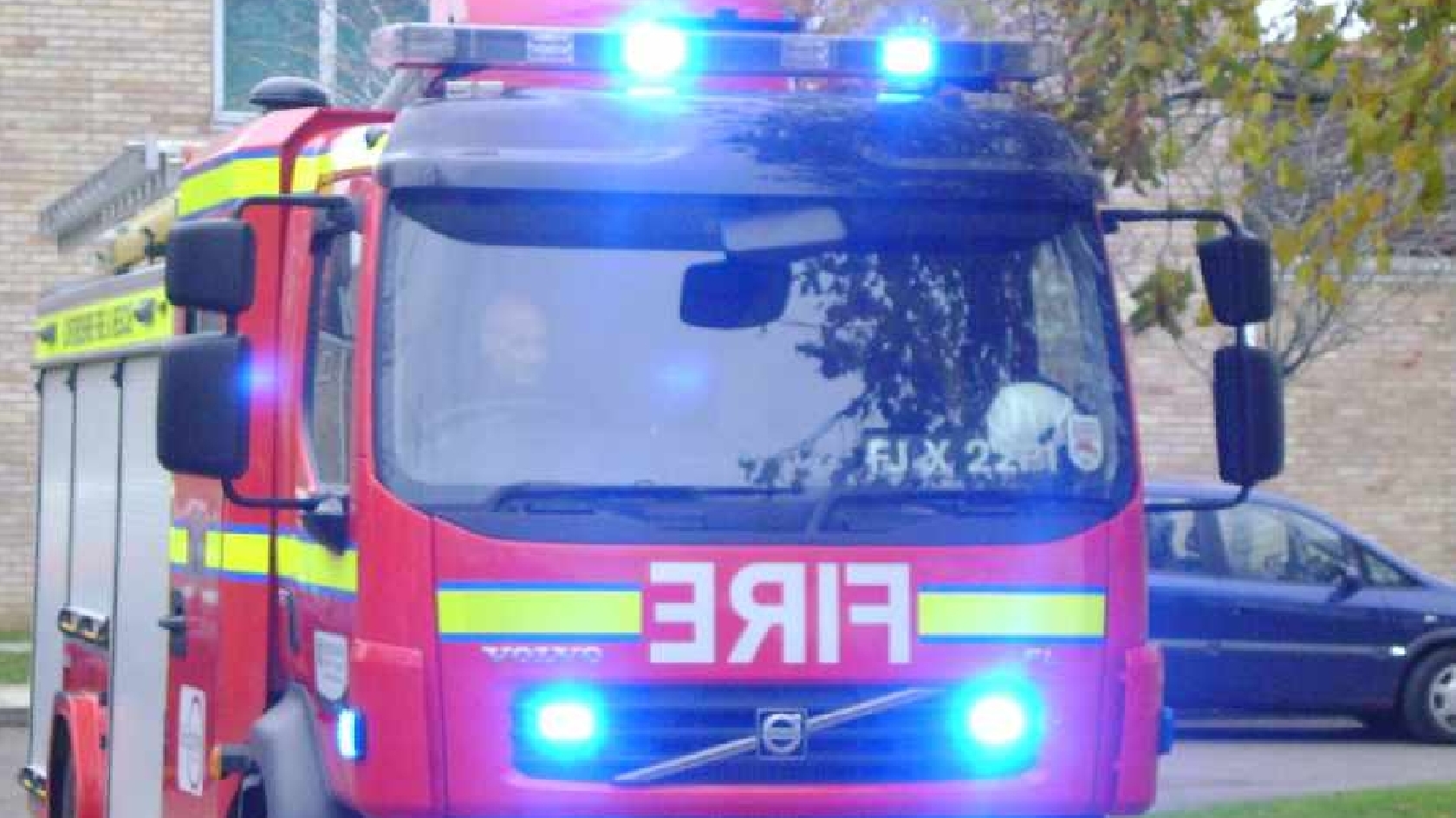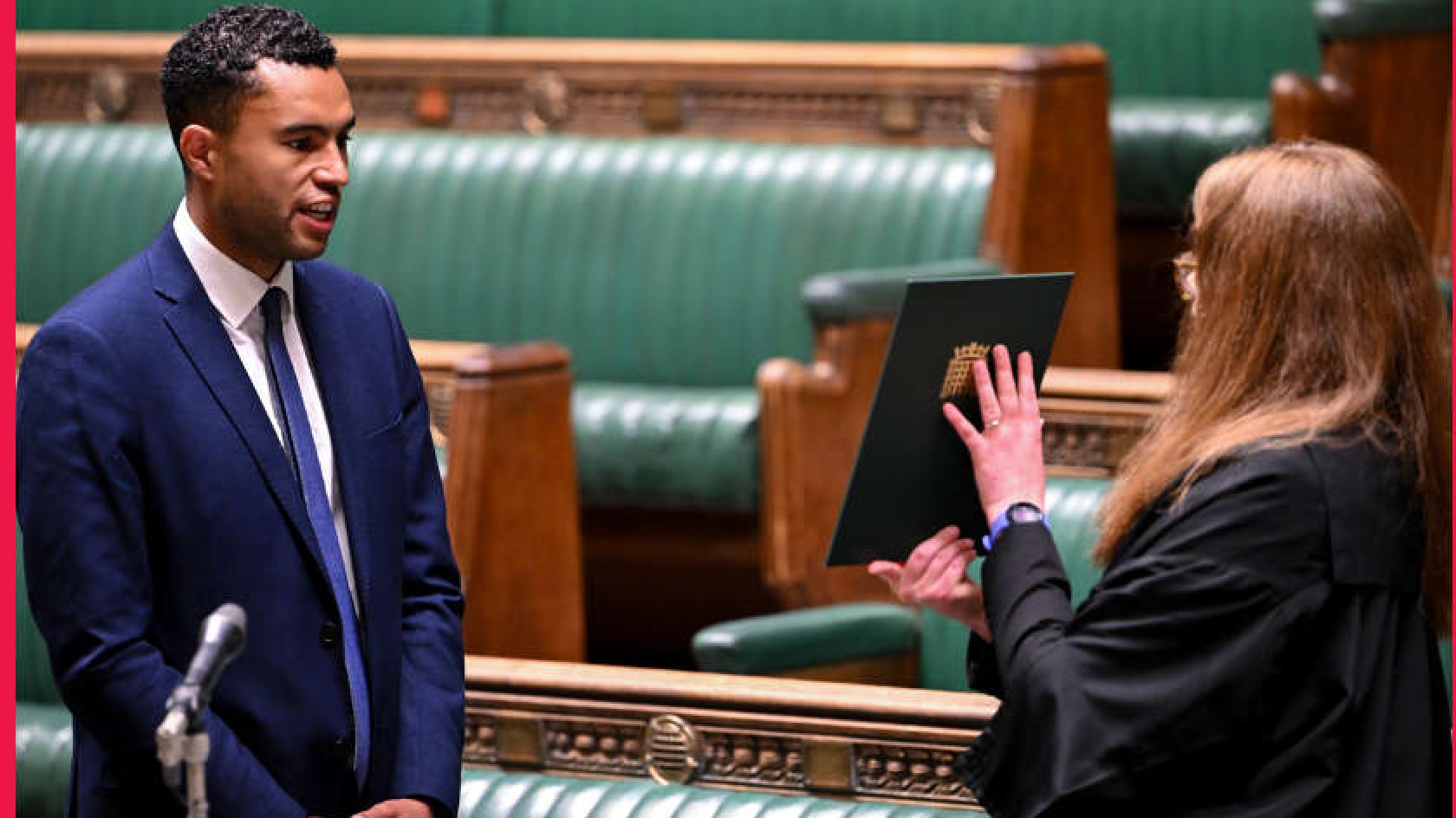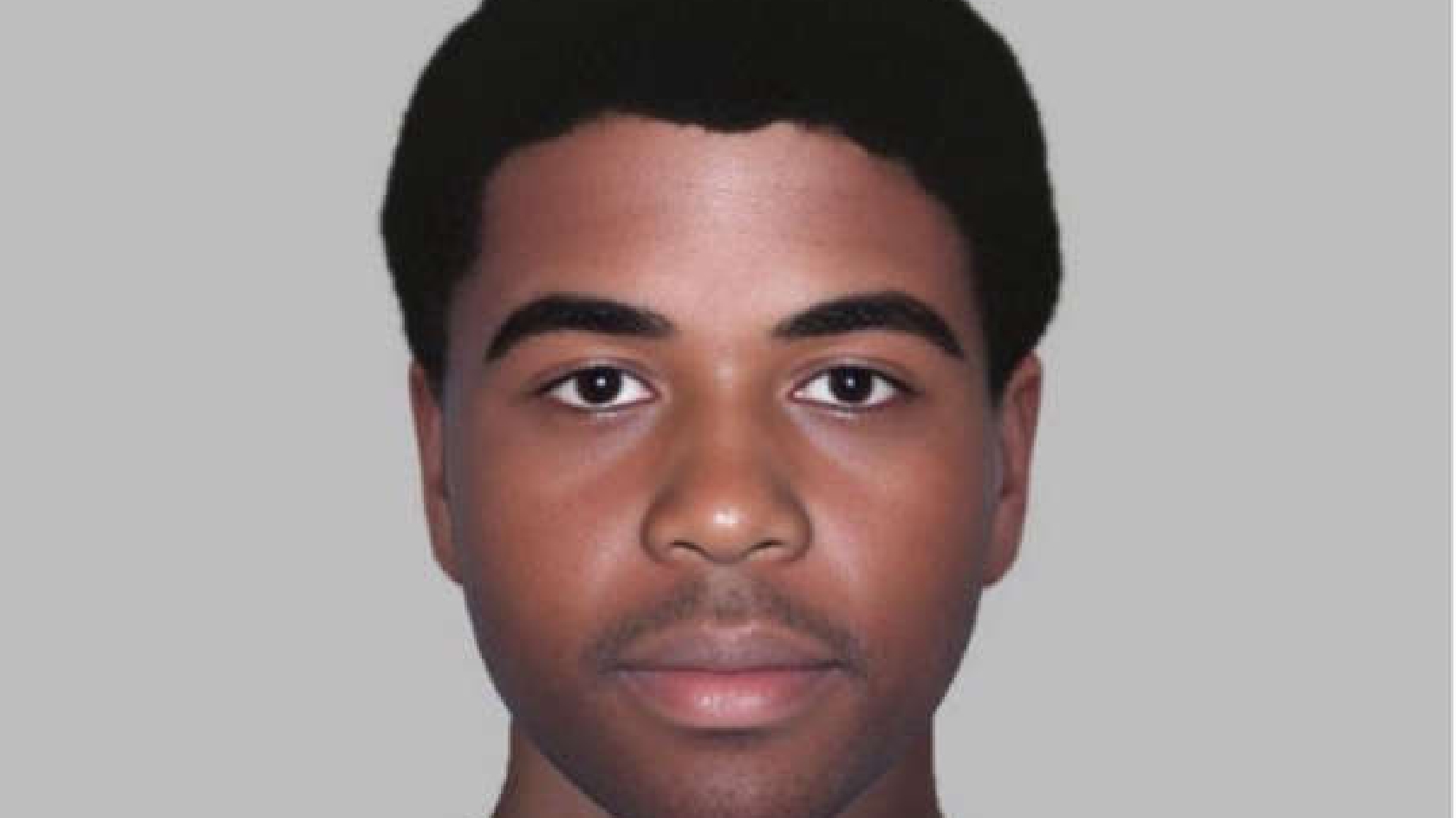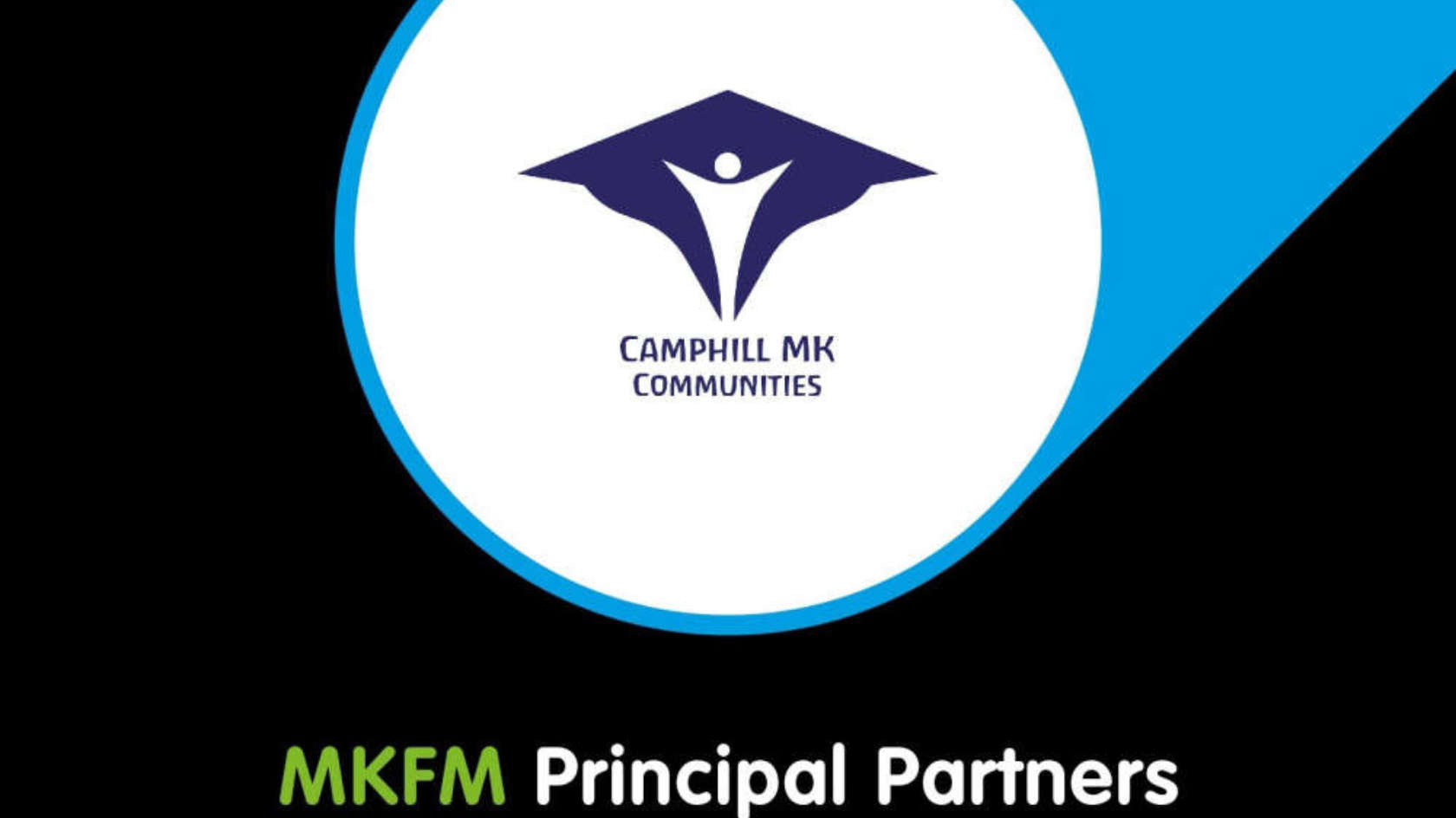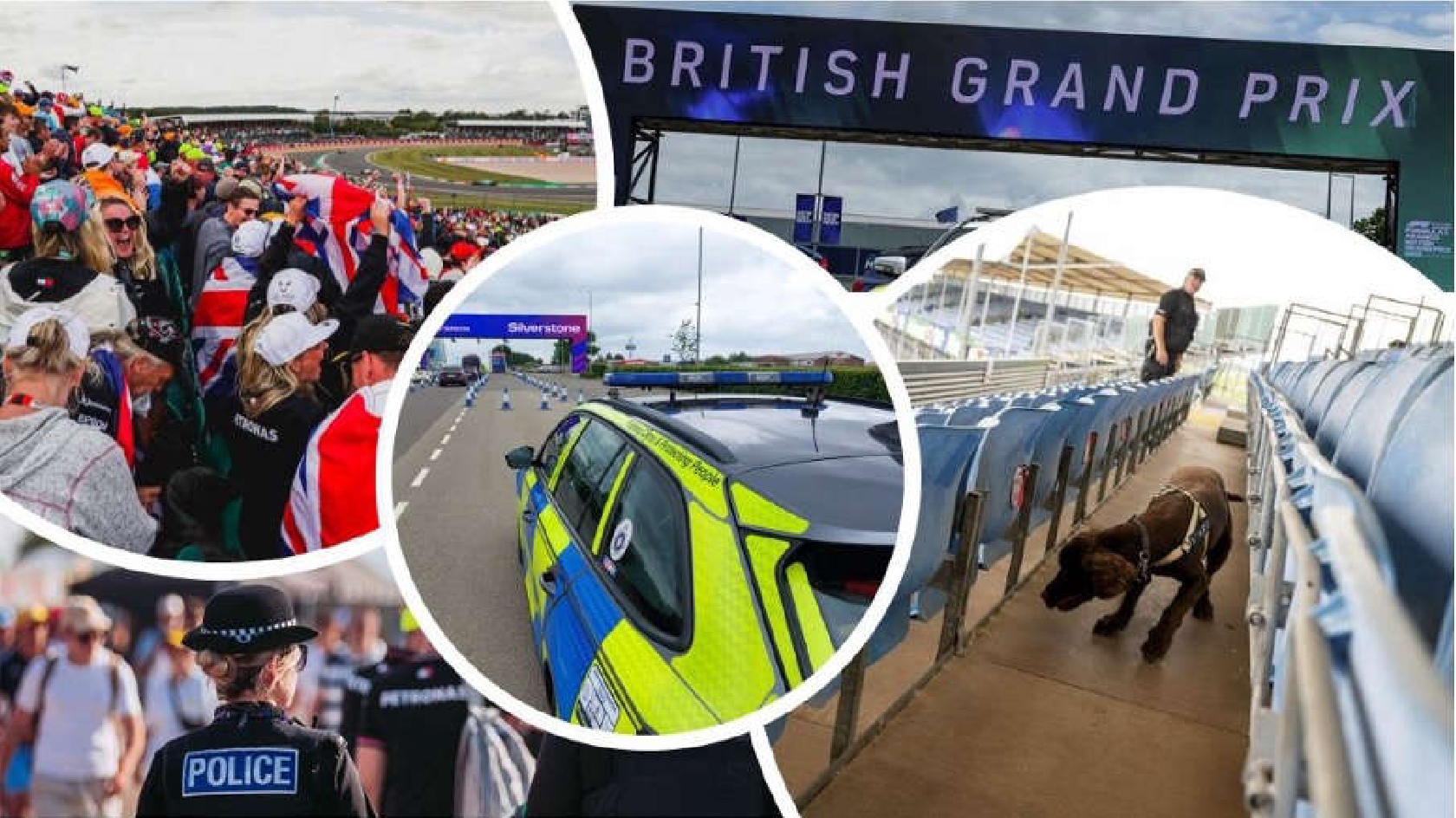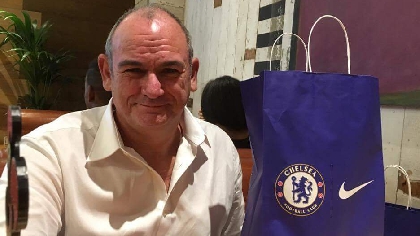
A Newport Pagnell man who suffered a heart attack aged 37 is urging others to follow in his footsteps and take part in NHS research.
John Salt, 52, was asked to volunteer for two studies to improve treatments for patients with heart conditions while visiting Milton Keynes University Hospital for chest pains in February 2018.
Mr Salt spoke ahead of Sunday’s International Clinical Trials Day (20 May), an annual drive to encourage the public to participate in health research.
He has been experiencing chest pains since he had a heart attack in February 2003 while he was a lorry loader for the Tesco Superstore in Milton Keynes.
He said: “I was working nights at the time. I suffer from asthma so I thought I was having an asthma attack. My chest went very heavy and I had trouble breathing and it wasn’t clearing so I told my supervisor I had to go home.
“I was panicking because I couldn’t catch my breath. The more I was taking my inhaler, the more stressed I was getting. I’d recovered from it for a bit, but then it came back with a vengeance an hour later and my wife [Amanda Salt] took me into hospital.”
 Mr Salt was treated at Milton Keynes University Hospital. He said: “When the nurse told me I’d had a heart attack everything seemed to rush at 100 miles an hour.
Mr Salt was treated at Milton Keynes University Hospital. He said: “When the nurse told me I’d had a heart attack everything seemed to rush at 100 miles an hour.
“I felt a bit of disbelief that I’d had a heart attack because I was only 37. I was a smoker at the time and I did have a lot of stress because I was doing a lot of manual work, but I couldn’t believe I’d actually had a heart attack at that age. I was very surprised.”
Mr Salt smoked 10 to 15 cigarettes a day for 23 years but immediately stopped after his heart attack. He resigned from Tesco and now works as a calibration technician for Starlab UK, which involves monitoring and maintaining laboratory equipment.
The first study - Vectra ECG - is testing whether a new electrocardiogram (ECG) can help doctors identify the cause of chest pains faster and more accurately than current devices.
Currently, ECGs are used to measure the heart’s electrical activity. However, they can only identify an estimated 60 percent of heart attacks - which interfere with the movement of electricity through the heart muscle - meaning doctors may have to carry out further tests before diagnosis.
It is hoped that the study ECG will be more accurate as it uses a new algorithm which can detect abnormalities consistent with a heart attack.
Patients visiting A&E at Milton Keynes University Hospitals NHS Foundation Trust, which is running the study, are asked if they want to take part. They are given both a current test and the study ECG to compare the two.
The second study is examining whether a scan of the heart and its blood vessels is a safe and effective alternative to standard care in diagnosing patients with heart disease.
Standard care involves a coronary angiogram (CA) where a plastic tube is passed into an artery in the groin or wrist and guided using x-ray images to look for narrowing of blood vessels on the heart surface which can cause angina or heart attack.
This will be compared to a Computerised Tomography Coronary Angiography (CTCA), which involves patients being scanned for 10 minutes.
Patients are asked if they would like to take part in the Rapid Assessment of Potential Ischaemic Heart Disease with CTCA (RAPID-CTCA) study by their clinicians and are randomly allocated to receive either a CTCA or standard care, to compare the two.
Participants on the study, led by NHS Lothian in Edinburgh, are asked to complete follow up questionnaires after a month, six months and a year.
Mr Salt said of why he agreed to take part in research: “I was approached by a nurse at Milton Keynes Hospital who told me about the studies and I wanted to know more.
“I’ve worked in the science industry as a technician so research is an interest to me. If I can help out in anyway, then I’m glad.
“Financially my chest pains are costing me more because of my travel to the hospital and physically it’s slowing me down because I can’t do much physical work anymore because I’m always worried in the back of my mind that it’s going to set something off.
“If this research opens up a lot more avenues for people like me and helps people with chest pains, that would be fantastic.”
The RAPID-CTCA and Vectra ECG studies are funded and supported by National Institute for Health Research (NIHR) (see notes to editors for a description of the NIHR).
Dr Attila Kardos, chief investigator on the studies at Milton Keynes University Hospitals NHS Foundation Trust, said: “Both of these studies are assessing better and faster ways of identifying high risk patients with chest pains that need urgent further intervention and those who can be discharged safely and, hence, reducing hospital stay and improving patient experiences.
“These validation and outcome studies are important to improve the efficiency of our healthcare services in the highly pressurised emergency departments.”
International Clinical Trials Day is held every 20 May to celebrate the anniversary of the first clinical trial by James Lind in 1747 into the causes of scurvy on board the HMS Salisbury.
Participating in health research helps develop new treatments, improve the NHS and save lives. Patients are encouraged to ask their doctor about research opportunities and view trials seeking volunteers at The UK Clinical Trials Gateway.
For information about the studies at Milton Keynes University Hospitals NHS Foundation Trust, contact the research and development team on 01908 995118.
